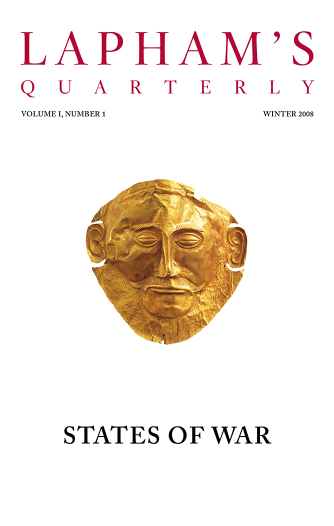Let us never bestow gifts that may recoil upon us to our shame. As the sum total of friendship consists in making our friends equal to ourselves, we ought to consider the interests of both parties; I must give to him that wants, yet so that I do not want myself; I must help him who is perishing, yet so that I do not perish myself, unless by so doing I can save a great man or a great cause.
I must give no benefit that it would disgrace me to ask for. I ought not to make a small benefit appear a great one, nor allow great benefits to be regarded as small; for although it destroys all feeling of gratitude to treat what you give like a creditor, yet you do not reproach a man, but merely set off your gift to the best advantage by letting him know what it is worth. Every man must consider what his resources and powers are, so that we may not give either more or less than we are able. We must also consider the character and position of the person to whom we give, for some men are too great to give small gifts, while others are too small to receive great ones. Compare, therefore, the character both of the giver and the receiver, and weigh that which you give between the two, taking care that what is given be neither too burdensome nor too trivial for the one to give, nor yet such as the receiver will either treat with disdain as too small, or think too great for him to deal with.

Adele Bloch-Bauer I, by Gustav Klimt, 1907. © Neue Galerie, New York, USA/De Agostini Picture Library/E. Lessing /Bridgeman Images
Alexander, who was of unsound mind, and always full of magnificent ideas, presented somebody with a city. When the man to whom he gave it had reflected upon the scope of his own powers, he wished to avoid the jealousy that so great a present would excite, saying that the gift did not suit a man of his position. “I do not ask,” replied Alexander, “what is becoming for you to receive, but what is becoming for me to give.” This seems a spirited and kingly speech, yet really it is a most foolish one. Nothing is by itself a becoming gift for anyone: all depends upon who gives it, to whom he gives it, when, for what reason, where, and so forth, without which details it is impossible to argue about it. Inflated creature! If it did not become him to receive this gift, it could not become you to give it. There should be a proportion between men’s characters and the offices that they fill; and as virtue in all cases should be our measure, he who gives too much acts as wrongly as he who gives too little. Even granting that fortune has raised you so high, that, where other men give cups, you give cities (which it would show a greater mind in you not to take than to take and squander), still there must be some of your friends who are not strong enough to put a city in their pockets.
From On Benefits. Born in what is now Cordoba around 4 BC, Seneca was a Stoic philosopher and dramatist. Elsewhere in this work, he compares a benefactor to a courtesan: “Just as a prostitute divides herself among many so that everyone bears some sign of intimacy, just so the man who wants his favors to be appreciated should contrive that many are placed under obligation but each one gets something whereby he might think he is preferred to the rest.”
Back to Issue


